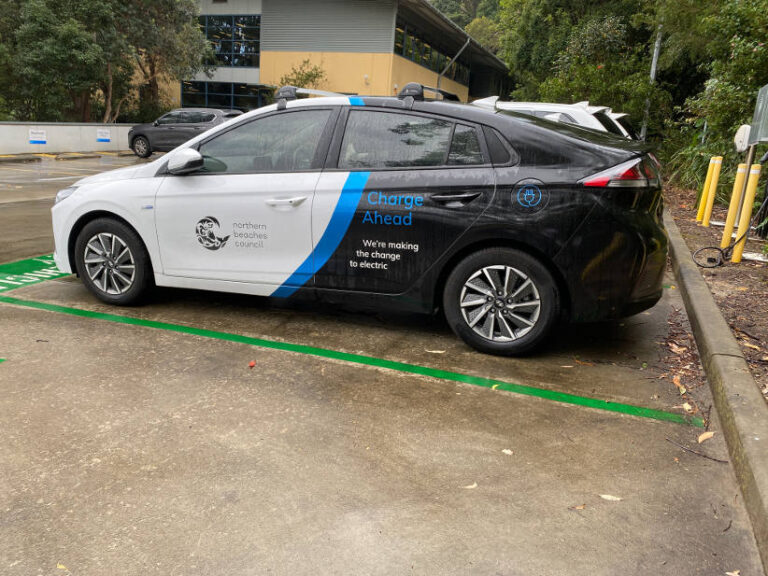More than 1,000 electric vehicles (EVs) are set to hit the road thanks to the second round of the NSW Liberal and Nationals Government’s EV fleets incentive.
Treasurer and Energy Minister Matt Kean said the first two rounds of Government support to transition NSW fleets are expected to boost EV registrations by more than 10 per cent.
“Round 3 is now open as we fast track the State’s vehicle fleet of the future,” Mr Kean said.
The NSW Liberal and Nationals Government is investing $105 million to support commercial fleets to purchase new EVs and fuel cell electric vehicles. Across round 1 and 2 about 2,000 EVs have been incentivised through the program.
Mr Kean said Round 2 had strong take up from organisations in the rideshare and vehicle subscription sectors, resulting in bids representing 81.6 per cent of the total vehicles.
“The second round had 20 successful bidders – 17 individual fleets and three fleet aggregators – who will receive a financial incentive to shift to EVs,” Mr Kean said.
“Successful bidders will also receive financial support to co-fund a total of more than 1,000 smart chargers.”
The incentive is part of the $633 million Electric Vehicle Strategy, which aims to make NSW the easiest and most affordable place to buy an EV in Australia. It is designed to help cover the gap between the cost of a new EV and the equivalent internal combustion engine vehicle that would have been purchased otherwise.
The successful recipients are: Splend, Custom Fleet, Reliance, IAG, Woollahra Municipal Council, CarBon Leasing and Rentals Pty Ltd, Northern Beaches Council, Murray River Council, CB Cars Pty Ltd, Palm Investment Holdings Pty Ltd, SIXT Australia, Origin Energy, ElevenX, Lockhart Shire Council, Essential Energy, Campbelltown City Council, Ballina Shire Council, Karmo Cars and TAS Australia.
Mr Kean said in Australia, the transport sector accounts for around 22 per cent of total emissions and this scheme will help NSW reach net zero by 2050.
“Corporate and government fleets account for over half of new vehicle sales in Australia and are a significant source of second-hand vehicles,” Mr Kean said.
“Leveraging the bulk purchasing power of fleets can expand both the range of models and number of EVs in NSW, which means prices will fall and more vehicles will be available to private buyers via the second-hand market in coming years.”
The EV Strategy is expected to increase EV sales to 52 per cent of new car sales by 2030- 31 and the NSW Government’s objective is to see the vast majority of new car sales being EVs by 2035.






